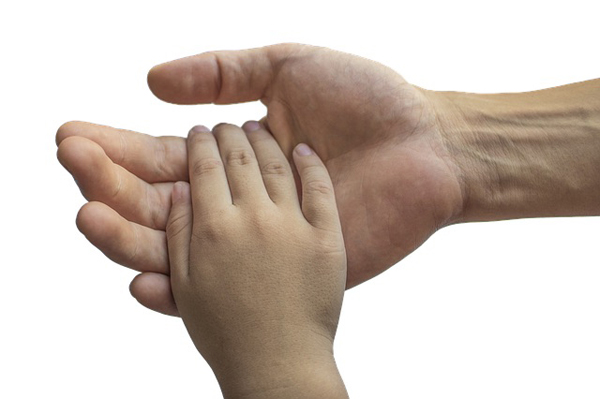- La Feria Community Holds Succesful Business Mixer Event
- Little Nashville to Take Place in Downtown Mercedes
- Lions Basketball Captures District Gold
- La Feria ISD Students Compete in Regional Chess Tournament
- Lions End First Half of 32-4A on a High Note
- La Feria ISD Held Another Successful Parent Conference
- Strong Appearance for Lions at Hidalgo Power Meet
- LFECHS Students Get to Meet Local Actress
- Students Participate in Marine Biology Camp
- Two LFECHS Students Qualify for All-State Band
Texas Makes Good on Promise to Foster Kids
- Updated: April 12, 2019

Some 250,000 children in Texas separated from their parents are living with other family members. Photo: Pixabay
by Eric Galatas
AUSTIN, Texas – Foster care is improving in Texas and across the nation, according to a new Annie E. Casey Foundation report.
More kids are being placed in family settings, either with a relative or a foster family, and fewer are ending up in group homes or institutions. Kristie Tingle, a research analyst with the Center for Public Policy Priorities, said having kids in a family home provides more stability, which helps them thrive.
“When kids can be placed with relatives, it can really smooth over some of the trauma that can come from being removed or needing to be separated from their immediate families,” she said. “Placing kids with people they know allows them to keep a lot of consistency in their life, and can really just make it easier for them to adapt to changing circumstances.”
In 2017, Texas had more than 32,000 children in foster care, and 87% were placed with families, up from 78% in 2007. Tingle said one reason for the improvement is that more Texas families are stepping up. Currently, some 250,000 Texas kids are living with an aunt, uncle or other relative.
Rob Geen, director of policy and advocacy reform for the Annie E. Casey Foundation, said the report also showed that more can be done. He said providing additional support, including training in parenting skills, can help new parents succeed – and even prevent a child from entering foster care in the first place. He added that it’s important to involve family members in decisions about care, because they know what’s best for that child.
“Particularly making sure that young people have an opportunity to talk about what they need to succeed,” he said, “making sure that they’re involved in their case planning, that their preferences are known and that they’re engaged in their own decision making.”
The report found that some trends continue to pose challenges for kids. African-American children are disproportionately represented in the foster-care system, and older kids – from 8 years into their teens – still struggle to find permanent families.
The report is online at aecf.org.


